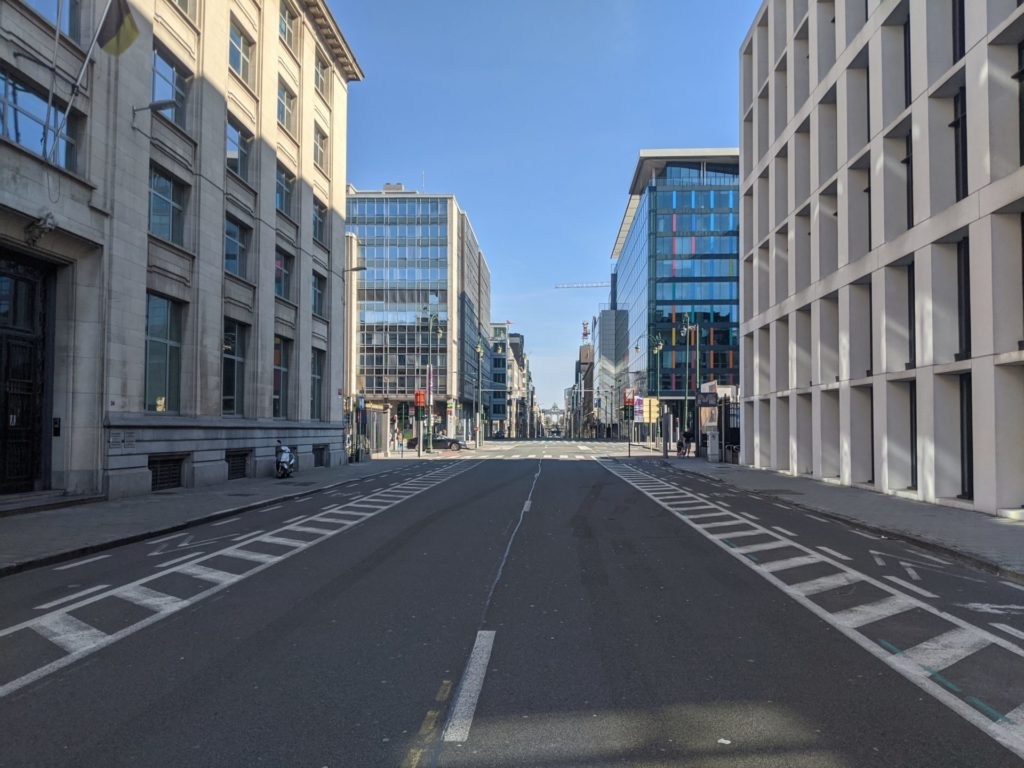Ahead of the Consultative Committee meeting this afternoon, virologist Marc Van Ranst said that the authorities should "pull the emergency brake" to stop the rising trend in Belgium's coronavirus figures.
Over 200 people have been admitted to hospital for Covid-19 every day for the past three days, worrying politicians and experts alike, with interfederal Covid-19 spokesperson Steven Van Gucht even calling this "the beginning of a third wave."
"There is not much time," Van Ranst told Het Laatste Nieuws, adding that "it is a good idea to postpone" the relaxations that were planned for April.
On Thursday, the GEMS expert group advised the government to activate "Plan B" of the managing strategy, with six measures - including an earlier curfew and a closure of some non-essential shops - to stop the figures from rising further.
To turn the tide, a number of measures from that plan are needed, according to Van Ranst. "This is the emergency brake to avoid going to a lockdown. So it's best not to be too prudent about it."
Related News
- This could be the start of Belgium's third wave, Van Gucht warns
- What's on the agenda of the Consultative Committee today?
- Earlier curfew and closed shops: What is Belgium's Covid Plan B?
However, it is up to politicians to make decisions, he stressed. "What is important is that a package [of measures] is put together, that will have an effect in the short term."
Referring to the current situations in France and Italy, where very strict measures are now being taken, Van Ranst said that those measures "have the advantage of simplicity, and the advantage of working fast."
"Other measures are difficult to organise," he said, adding that he hopes that the population understands that "difficult measures are necessary now."
Echoing Van Ranst's statements, infectious disease expert Erika Vlieghe also stressed that the goal remains that fewer people see each other, so the virus cannot spread, and the healthcare system is not overburdened.
"The fact that so many of the admitted patients have to be transferred to intensive care more quickly is our biggest concern: that is the biggest bottleneck in our healthcare system,” she said on Flemish radio on Friday morning.
“There is the triangle of infections: it goes from schools (where many children and adults congregate and where the virus can be exchanged) to people's homes (where we congregate with relatives) and then to work, or this chain reversed,” Vlieghe added.
She said the changes that should be made to the restrictions should focus on putting all these “passages” on hold to reduce transmissions of the virus, meaning people will have to “retreat to their own clusters.”
At 3:00 PM today, the Consultative Committee will meet digitally to discuss changes to the measures and "analyse the situation in detail based on the latest figures."
The meeting will be followed by a press conference, Prime Minister Alexander De Croo's cabinet confirmed to The Brussels Times. The timing has not been announced yet.
Maïthé Chini & Lauren Walker
The Brussels Times

